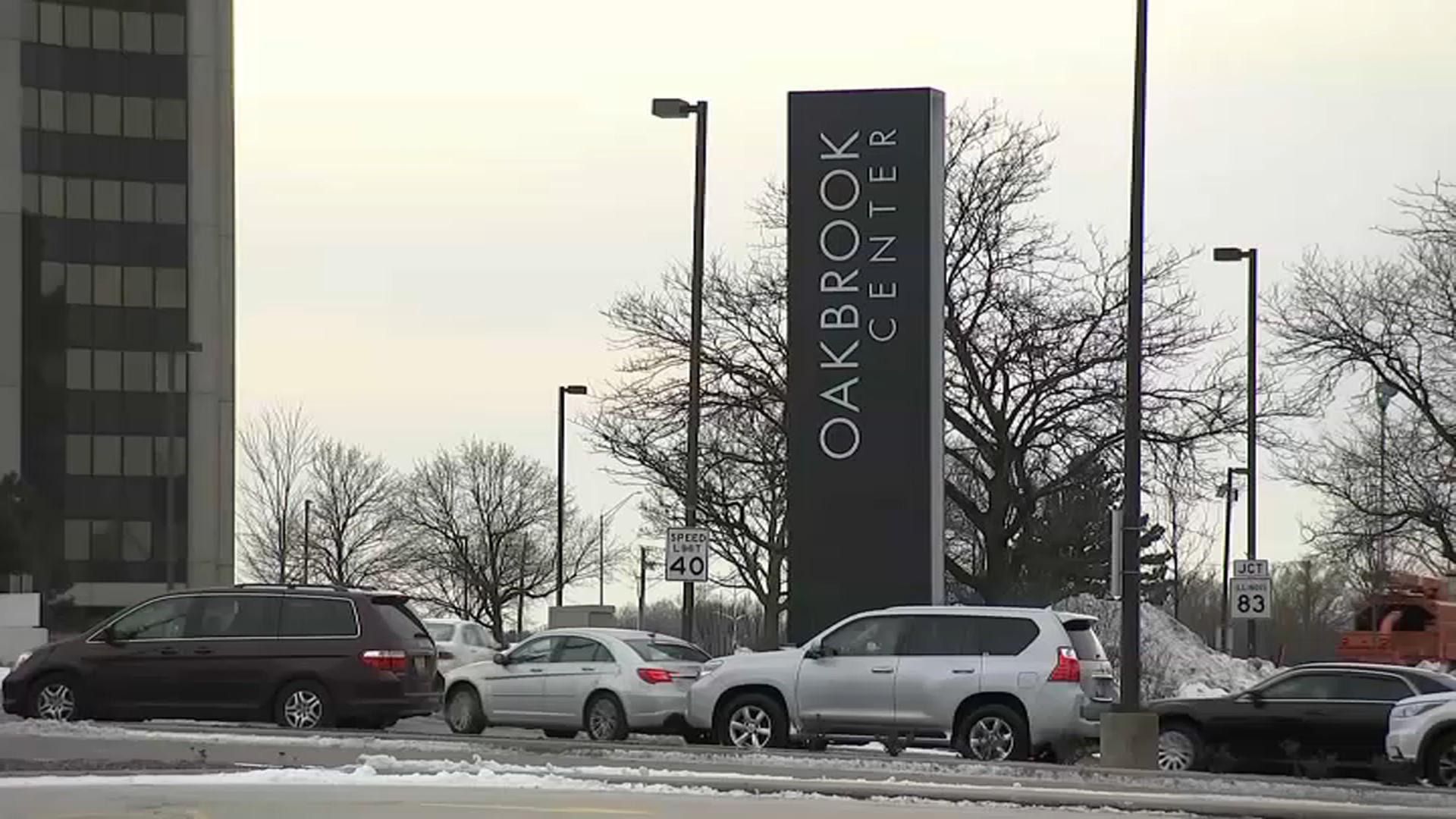Illinois' gas tax increase comes as residents are also facing rising prices with holiday travelers beginning to hit the roads ahead of the Fourth of July weekend.
The state's motor fuel tax rate increased by a half-cent per gallon beginning July 1, rising from 38.7 cents per gallon of gasoline to 39.2 cents per gallon.
Illinois' gas tax last increased on July 1, 2020, when it rose by .7 cents per gallon, from 38 cents to 38.7 cents per gallon. The previous year, the gas tax doubled from 19 cents per gallon to 38 cents per gallon.
The average price of gas in Illinois on Friday, $3.368 per gallon, was well above the national average of $3.126, according to AAA. That total was up from the state's average last week, last month and last year, when prices sat at $2.373. It's also the highest total in the Midwest.
Feeling out of the loop? We'll catch you up on the Chicago news you need to know. Sign up for the weekly Chicago Catch-Up newsletter here.
But it's not just Illinois seeing increases. The national average has also climbed to new levels ahead of the holiday weekend.
AAA says that while that is typical ahead of a holiday, the increases recently have been "noticeable."
“Today, 89% of U.S. gas stations are selling regular unleaded for $2.75 or more. That is a stark increase over last July 4 when only a quarter of stations were selling gas for more than $2.25,” Jeanette McGee, AAA spokesperson, said in a statement. “Road trippers will pay the most to fill up for the holiday since 2014.”
Local
Illinois' gas tax increase was prompted by a $45 billion capital plan Gov. J.B. Pritzker signed into law in 2019 to fund major improvements to infrastructure like roads, bridges, mass transit and buildings. Pritzker said in 2019 that the gas tax hike that year was the first time it had increased since 1990.
The 2019 change also tied the motor fuel tax to the Consumer Price Index, which means it will automatically continue to increase annually with inflation.
The revenue from the gas tax hike is split between three purposes, Pritzker's office said in 2019: 48% to construction of state roads and bridges, 32% to units of local government and 20% to local transit districts.
Also impacting prices at the pump is increased demand for gas.
AAA estimated that more than 43 million people will hit the roads for the long weekend.
While demand has soared across the country, supply has also become limited in some parts as well due to supply chain issues, including a shortage of tanker drivers.
Shortages are impacting places like central Iowa, south central Ohio, Washington, Oregon and parts of Colorado in particular.



